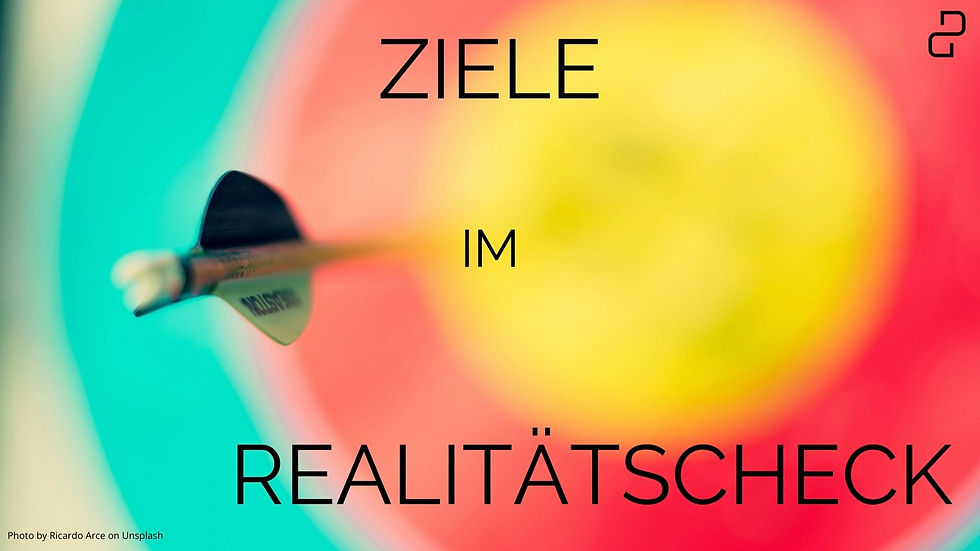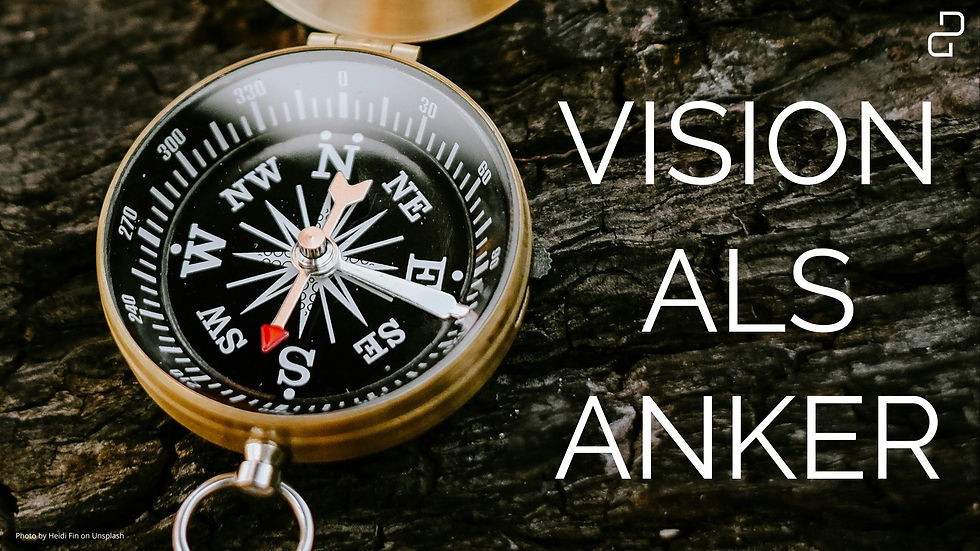The Known - Unknown Matrix: How coaching helps to optimize knowledge and master uncertainties
- Dominique Giger
- Feb 20, 2025
- 3 min read
Updated: Jul 7, 2025
"There are known knowns; there are things we know we know. We also know there are known unknowns; that is to say we know there are some things we do not know. But there are also unknown unknowns - the ones we don't know we don't know." - Donald Rumsfeld
Have you ever wondered why some people navigate seemingly effortlessly through challenges while others fail due to uncertainty? Often the difference is not in talent, but in awareness of what you know - and what you don't know.
The Known - Unknown Matrix or Rumsfeld Matrix is a powerful model for categorizing knowledge and ignorance. It divides our knowledge into four quadrants
Known Knowns – Things we know that we know.
Known Unknowns – Things we know we don't know.
Unknown Knowns – Things we know but are not aware of.
Unknown Unknowns – Things that we do not know and whose existence is unknown to us.

Coaching kann in jedem dieser Bereiche unterstützen und Wachstum ermöglichen. Schauen wir uns an, wie:
Coaching can support and enable growth in each of these areas. Let's take a look at how:
1. Known Knowns: Optimization and further development
Example: A project manager knows all the processes of his project in detail and can manage it efficiently.
How coaching helps:
Making processes and procedures even more efficient.
Expand leadership skills and refine project management strategies.
Improve time management and prioritization.
Optimize communication and conflict resolution skills.
Reflect on existing knowledge and develop it further.
Uncover self-sabotage patterns (e.g. obstructive beliefs).
Develop strategies to make targeted use of known strengths.
Offer new perspectives to enable progress.
2. Known Unknowns: closing knowledge gaps in a targeted manner
Example: A manager knows that they need to improve their communication skills, but does not know the best methods for doing so.
How coaching can help:
Create individual learning strategies and development plans.
Create clarity about priorities and next steps.
Reduce uncertainties and obtain targeted expert knowledge.
Provide motivation and structure for the learning process.
3. Unknown Knowns: Making hidden strengths conscious
Example: A person has a high level of emotional intelligence, but is not aware of it.
How coaching helps:
Strengthen self-awareness and uncover hidden skills.
Use reflection questions to make unconscious knowledge accessible.
Integrate talents specifically into everyday life or work.
Use feedback mechanisms to eliminate blind spots.
4. Unknown Unknowns: Minimize uncertainties and risks
Example: A company underestimates the impact of disruptive market changes because it is not aware of unknown risks.
How coaching helps:
Bring in new perspectives and unconventional ways of thinking.
Use scenario planning and creative problem-solving techniques.
Promote resilience and adaptability to better deal with uncertainty.
Asking questions that uncover hidden risks and opportunities.
Conclusion: Coaching as the key to further development
The Rumsfeld matrix shows that knowledge and ignorance are multi-layered. Coaching can provide valuable impetus in every quadrant - be it through targeted knowledge transfer, reflection, awareness work or strategic planning.
Ready to realize your full potential? Don't wait any longer! A coach can help you gain clarity, work specifically on your challenges and bring about lasting change. Start your journey to personal and professional development now!
Do you want more clarity about what you really know - and what is still holding you back? Use the power of the Known-Unknown Matrix for your next development step. In coaching, we uncover blind spots, strengthen your strengths and make you fit for the unknown.
👉 Book a no-obligation initial consultation now - and start your journey with clarity, focus and new energy.







Comments